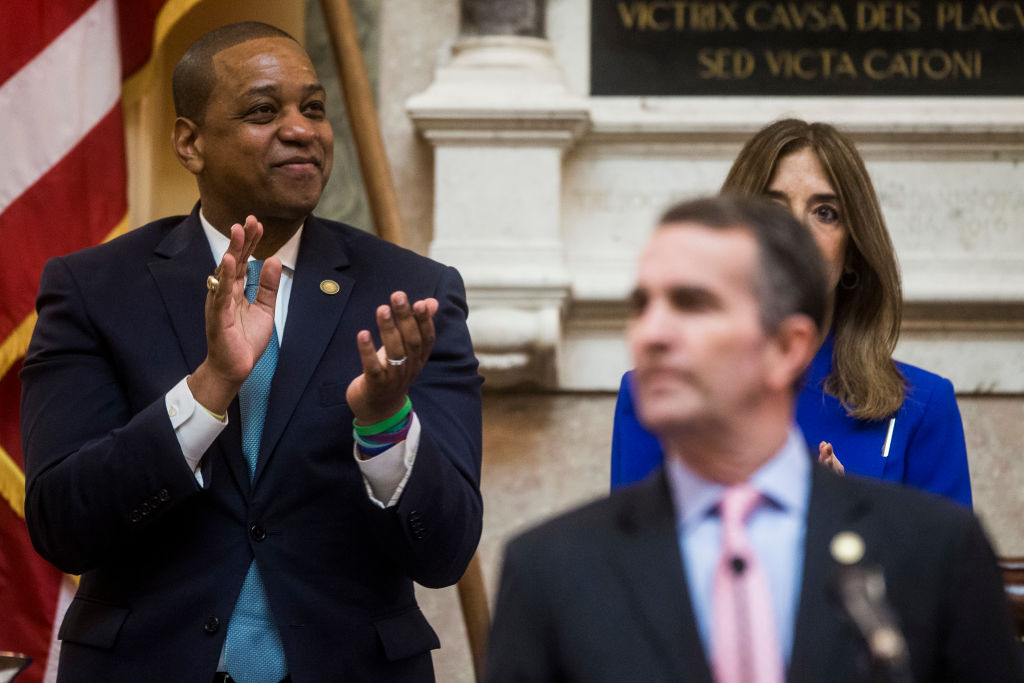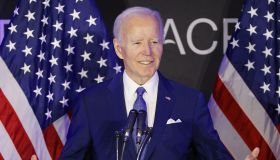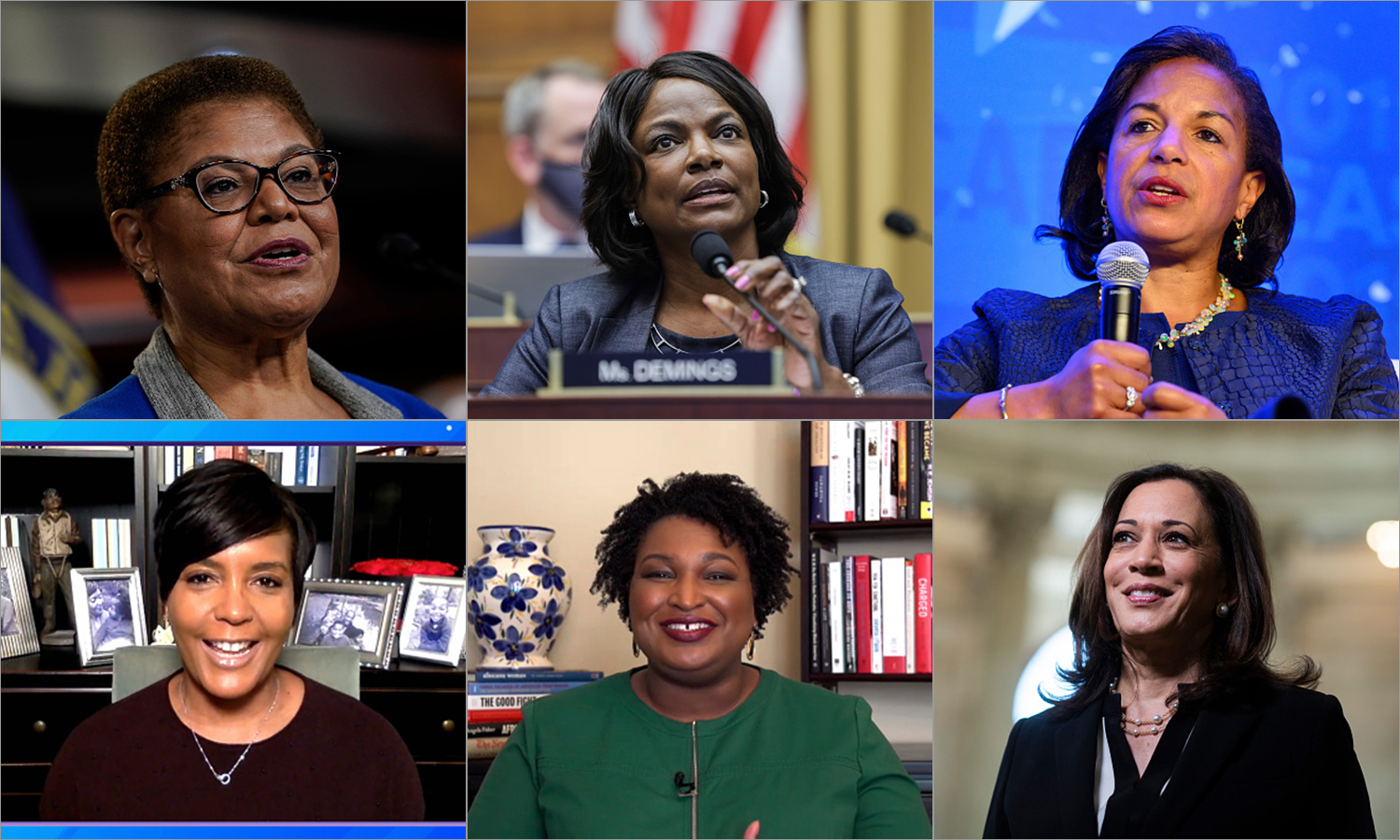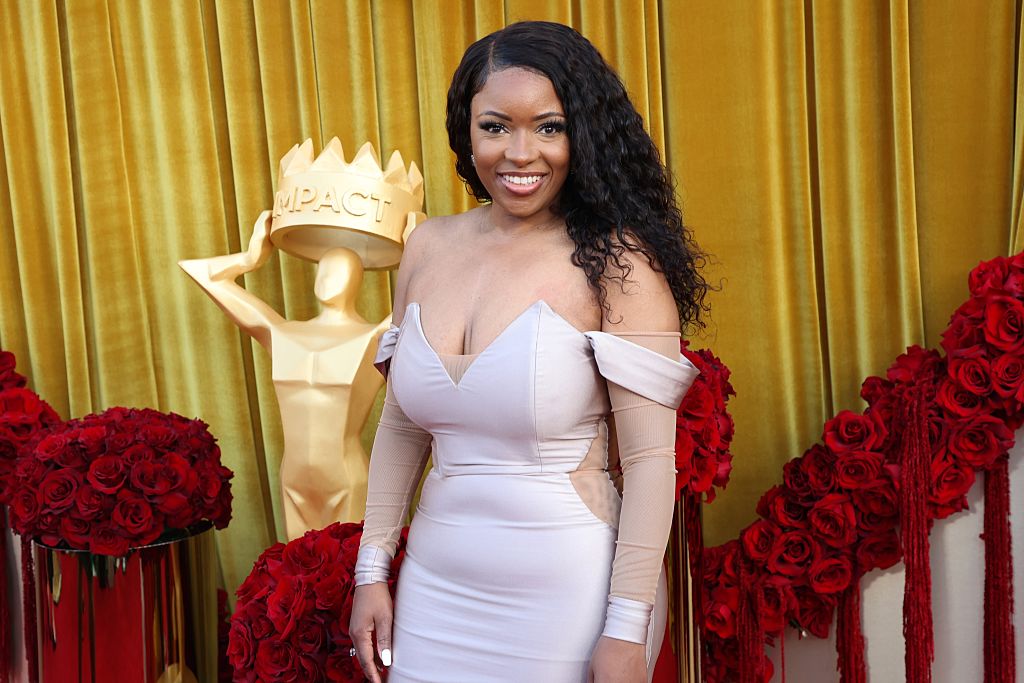Joe Biden, Justin Fairfax Sex Assault Accusations' Responses Vary Wildly
Joe Biden And Justin Fairfax: A Tale Of Two Sets Of Sex Assault Accusations (And Two Very Different Responses)
“It was the best of times, it was the worst of times.”
Those first dichotomous lines from Charles Dickens’ famous work, “A Tale Of Two Cities,” could very well apply to Joe Biden and Justin Fairfax, in that order. The former is seemingly in cruise control on the road to achieving the ultimate political prize in America in spite of a lingering sexual assault accusation. The latter, however, has been fighting to clear his name for more than a year ever since two women made similarly years-old sexual assault claims against Virginia’s 41-year-old lieutenant governor.
The amplified accusations against each man came amid the #MeToo social media movement that shines an increasingly glaring spotlight on sexual assault and misconduct allegations in order to support the women who have made them. In each case, the evidence seemed to be circumstantial, at best.
The allegations were made public after Biden and Fairfax were on the verge of significant political achievements, respectively: Fairfax was expected to be elevated to governor after a blackface scandal nearly felled the commonwealth’s chief executive and Biden, 77, was inching closer to securing the Democratic nomination for president of the United States.

Source: Zach Gibson / Getty
Fairfax’s accusations were immediately met with calls for him to resign, something he has refused to do because he says the women are lying. After he enjoyed a brief stint on the national stage as a promising upstart politician, Democrats seemed to distance themselves from him and called on him to step down despite he has insisted since Day 1 that he is innocent. He has since defiantly launched his campaign for governor in 2021, and even though there was excitement over the prospects of him replacing Ralph Northam early last year, Fairfax was polling at a distant third place, according to data released at the end of January.
Biden’s accusations, however, were greeted by significantly more muted calls for him to stop running for president that were primarily coming from political opponents and not Democrats — especially those who have been among the most vocal about such allegations that have defined the Me Too era.
For example, while actress Alyssa Milano — a women’s rights activist and a staunch defender of women who accuse men of sexual misconduct — immediately called for Fairfax to resign last year, her voice (and others’) has been considerably quieter in response to Biden’s allegations. She explained to BuzzFeed News last week her apparent change of heart in reactions to the sexual assault allegations.
“I think when we get into this place of believing women, regardless of giving men due process, it actually does more harm to the movement than good,” she said just over a year after convicting Fairfax in the court of public opinion despite the presumption of innocence that is theoretically afforded to anybody accused of breaking the law.
The same seems to be true in Democratic circles. Stacey Abrams, the former Georgia state representative who has been lobbying to become Biden’s vice-presidential running mate, recently said the claim by Biden’s accuser — Tara Reade, his former aide when he was a U.S. senator in Delaware back in the early 1990s — is not “credible.” Those comments came about a year and a half after Abrams addressed the allegations against then-Supreme Court nominee Brett Kavanaugh by saying, “I believe women, and I believe survivors of violence always deserve to be supported and to have their voices heard.”
To be sure, one of the most common misconceptions about sexual assaults is the question of why many times there is a delay to report them. The New York Times wrote about five reasons in particular why that can happen and referenced experts who explained that people “are not psychologically prepared to accept how common harassment and assault are … tend to look for reasons to disbelieve.”
Biden has categorically denied all claims from Reade and barely discussed it publicly while keeping what seems like a low profile considering his status as presumptive presidential nominee campaigning months away from Election Day. The most Biden has said came only on Friday when he called on the National Archives to release records that he said would show Reade’s initial complaint about him. (The National Archives said it has no record of any such claims. One of the only other places where proof of Reade’s complaint could be is in Biden’s Senate records, which are stored at the University of Delaware Library, which may not release them immediately.)
Unlike Biden, however, Fairfax has been anything but quiet about his accusers’ claims that he said left his “reputation tarnished.” He has invited them — Vanessa Tyson said Fairfax forced her to give him oral sex during the summer of 2004 and Meredith Watson publicly accused him of raping her when they were in college together in 2000 — to testify under oath, taken polygraph tests and sued a media company for libel (the lawsuit was tossed in February). Lately, he’s been bringing attention to the disparity in reactions from the Me Too activists who came for his head immediately but seemed to lose that same kind of energy after Reade’s accusations against Biden received renewed attention last month.
In the end, there very well could not ever be any resolution for the accusers since the statutes of limitations have run out in all three cases. But considering all of the similarities as both men run their respective campaigns for higher office, it’s nearly impossible to ignore the stark differences in responses to the accusations facing each of them.
SEE ALSO:
5 Takeaways From Biden’s Interview Addressing Tara Reade’s Allegations
#MeToo Founder Tarana Burke Addresses Joe Biden Sexual Assault Allegation



















